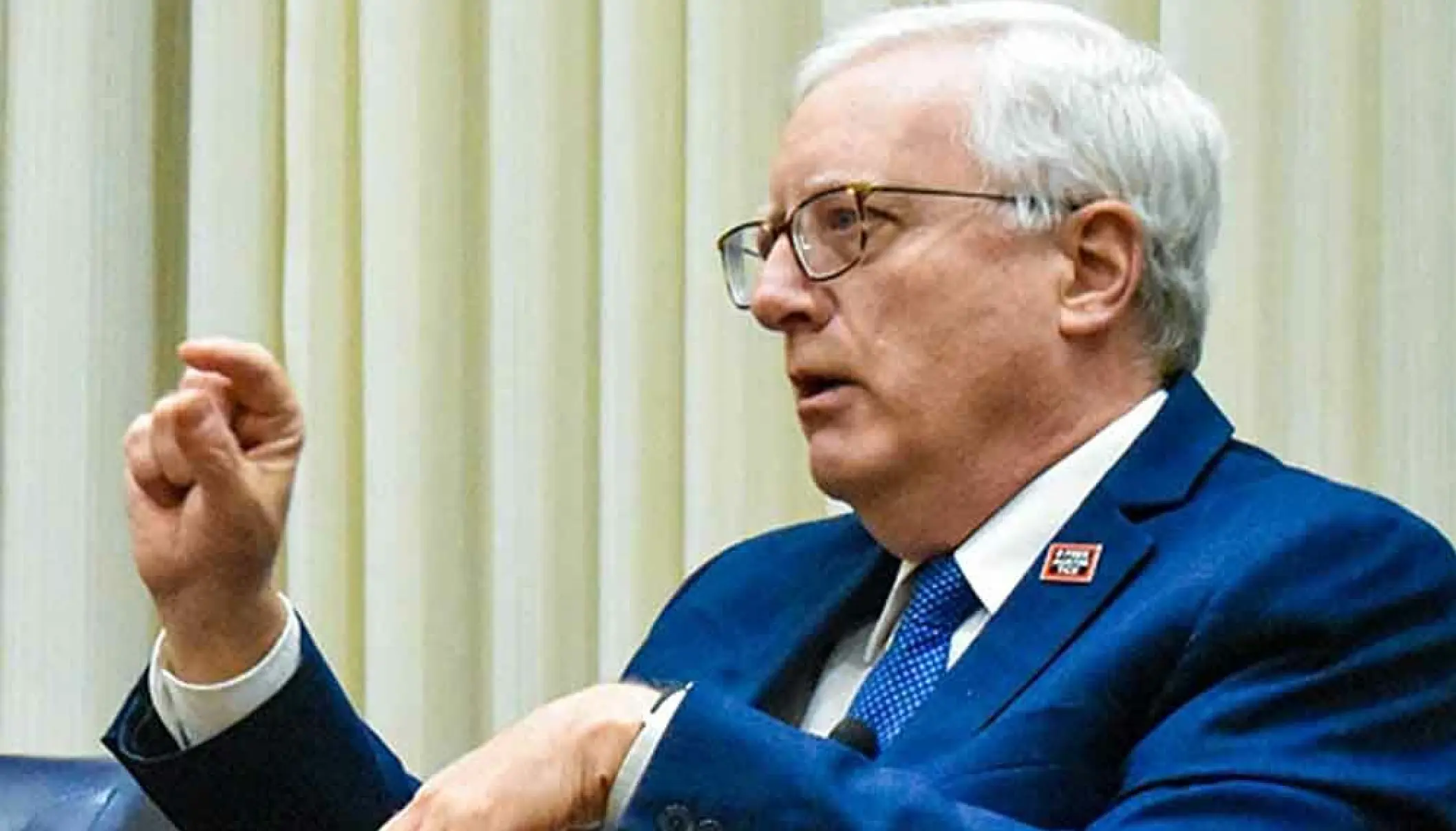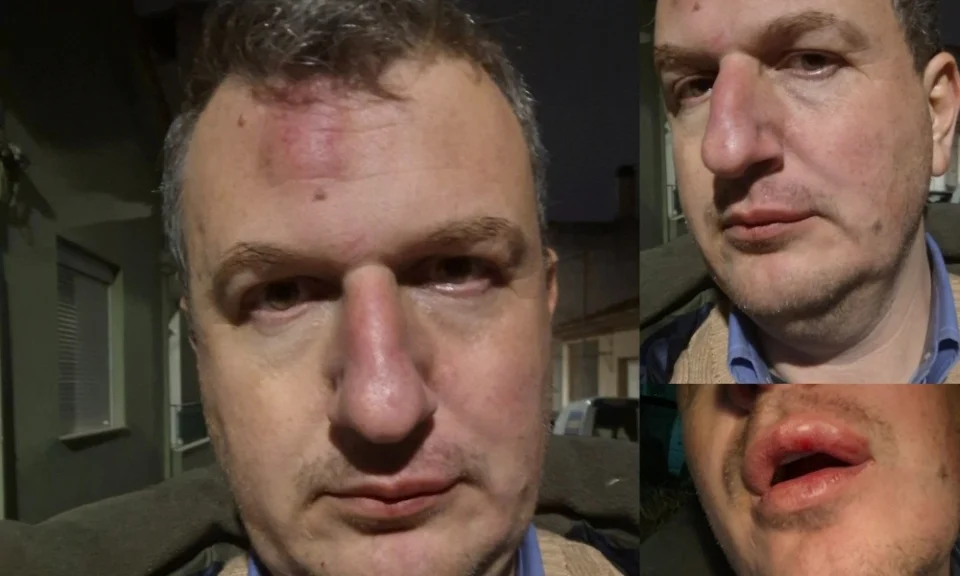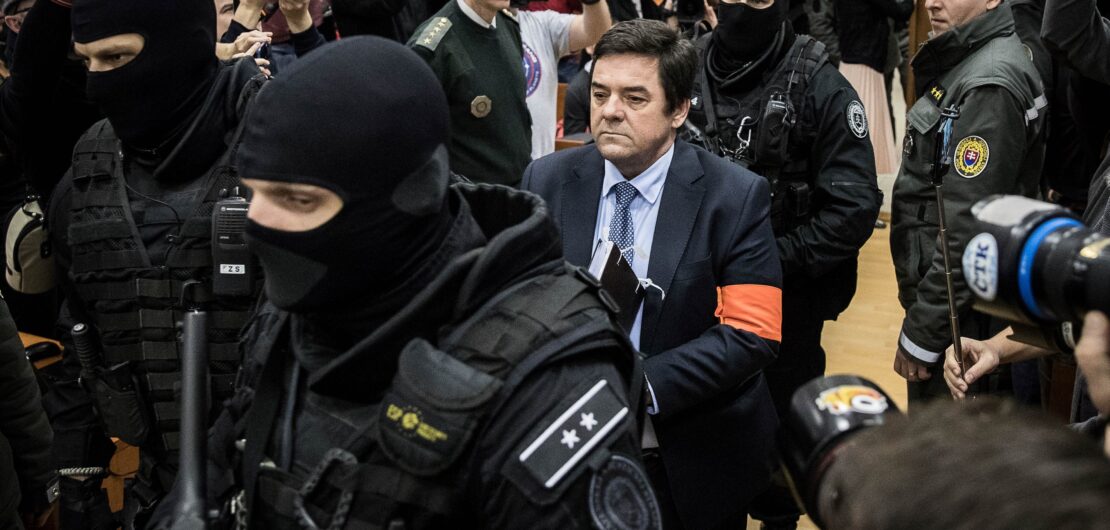
Ukrainian Journalist Viktoriia Roshchyna Tortured and Killed in Russian Captivity
April 29, 2025
Innovative QR Code Campaign Empowers Public to Support Investigative Journalism
April 29, 2025April 29, 2025 – Russia –
A heating crisis at a key Russian military base and renewed calls for global press freedom have drawn attention to accountability and transparency issues in the Arctic and beyond. In early 2025, a heating system breakdown at the Sputnik naval infantry base in the Murmansk region left families of Russia’s 61st Naval Infantry Brigade enduring near-freezing indoor temperatures during the harsh Arctic winter. The former head of the military’s utility contractor PromVoenStroy, Armen Arshakyan, was found responsible for the crisis and fined a mere 5,000 rubles (about €54), sparking public concern over the leniency of the penalty.
The Sputnik base, a strategic installation for Russia’s Northern Fleet, is located in a region where proper heating is critical for survival. Reports indicated that indoor temperatures had dropped to 11°C, while official records downplayed the crisis. PromVoenStroy, which oversees utility services across military towns in the Kola Peninsula, is now led by former Murmansk Minister of Energy, Aleksandr Kobytev. Despite residents’ complaints and apparent mismanagement, legal consequences have so far remained minimal, raising questions about accountability in military-affiliated infrastructure.
Simultaneously, international attention is focusing on the growing threats to journalists reporting on such issues. At an event in Washington, D.C., hosted by Arctic Today and the National Press Club’s Press Freedom Center, media professionals discussed the deteriorating state of press freedom globally. William McCarren, executive director of the Press Club, underscored the urgency, stating, “There is no neutrality when a journalist is killed. You have to take a side. Our side is the truth.” He referenced the risks faced by journalists reporting on sensitive geopolitical issues, including those who cover Russia’s Arctic strategies and internal military operations.
Norway-based outlet The Barents Observer, which frequently reports on the Arctic and Russian affairs, was also spotlighted at the event for its resilience despite being blocked in Russia. These combined developments show how issues of government transparency, human rights, and journalistic freedom are increasingly entwined, especially in politically sensitive and strategically vital regions like the Arctic.
Reference –




